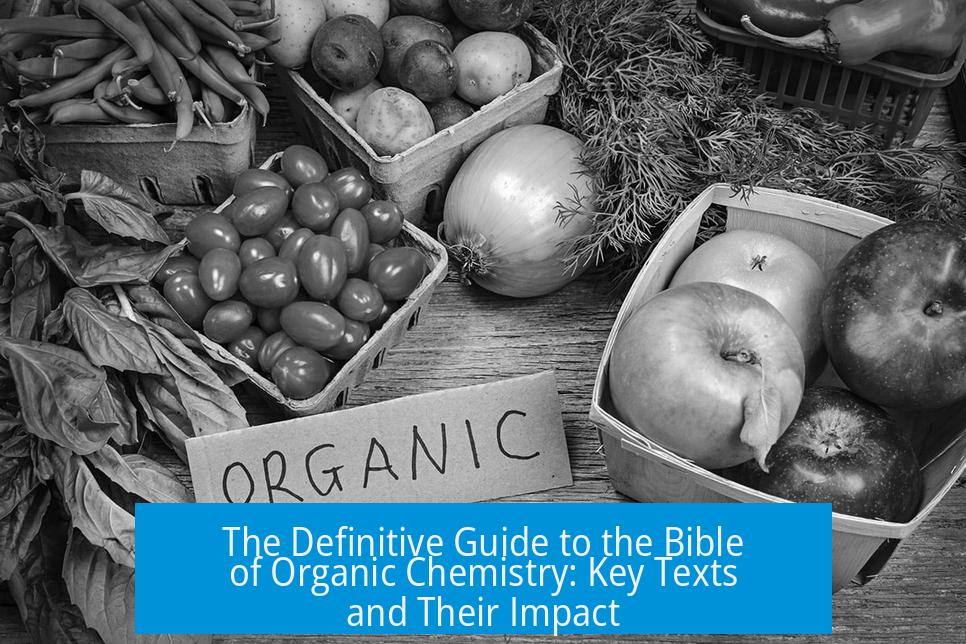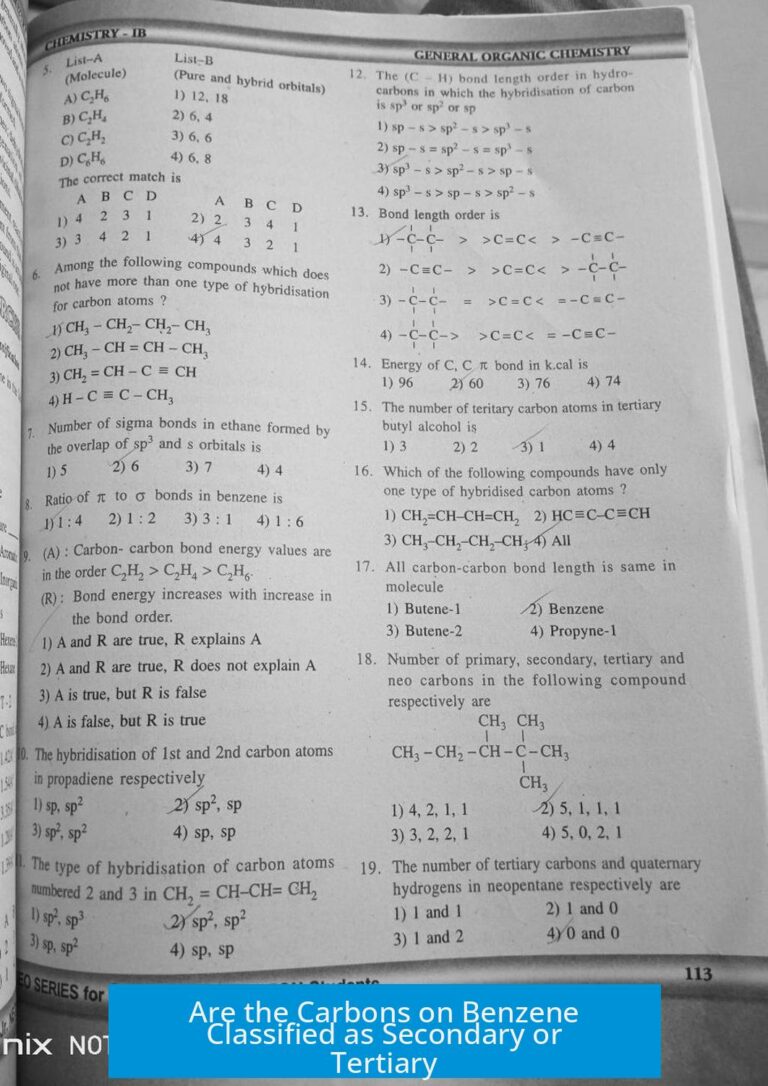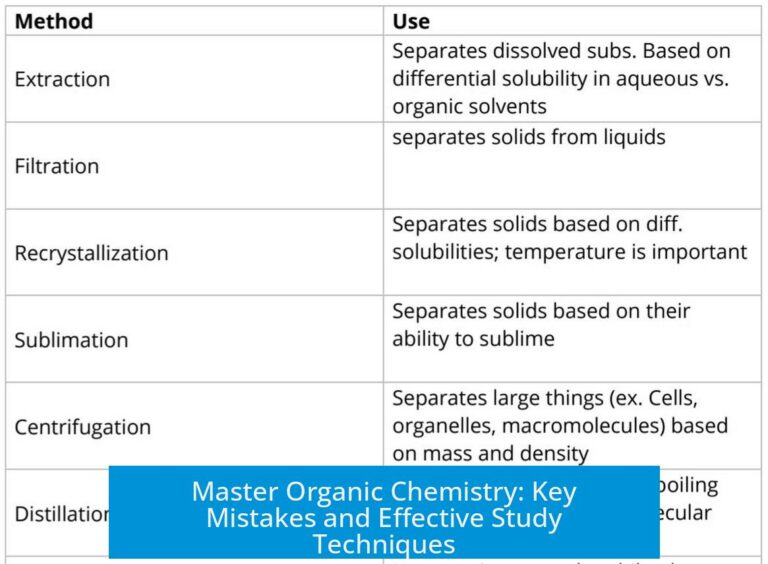What Book Would You Consider the Bible of Organic Chemistry?
There is no single definitive “bible” of organic chemistry; instead, several highly respected texts serve as comprehensive references or teaching tools depending on the subfield and purpose. Each book offers unique strengths, making the choice depend on whether the reader seeks foundational knowledge, advanced concepts, or specialized details.
Classic Comprehensive References
Several works stand out for their breadth and depth:
- Fieser & Fieser’s Reagents in Organic Synthesis: Considered bible-like for detailed reagent information and synthetic applications.
- Greene’s Protecting Groups: Serves as a key resource for understanding protecting group strategies in organic synthesis.
- Larock’s Comprehensive Organic Transformations: Offers extensive coverage of organic reactions and methods.
- March’s Advanced Organic Chemistry (3rd edition): A classic with in-depth treatment of reaction mechanisms and concepts.
- Carey & Sundberg’s Advanced Organic Chemistry: Another staple advanced text valued for detailed explanations and current topics.
Texts for Physical Organic Chemistry
In the specialized area of physical organic chemistry, there are authoritative references worth noting:
- Anslyn & Dougherty’s Modern Physical Organic Chemistry: This text is highly regarded as a close equivalent to a “bible” in this subfield, offering mechanistic insight and theory.
Additional Notable Texts
- The Art of Drawing Organic Mechanisms: Recognized for teaching mechanistic notation and visualization.
- Eliel’s Stereochemistry of Organic Compounds: A definitive resource on stereochemical principles.
- McMurry’s Fundamentals of Organic Chemistry: Commonly used for foundational learning but less frequently referenced later for advanced queries.
- Morrison and Boyd: Classic introductory textbook.
- Curti and Czako’s Named Reaction Book: Praised for comprehensive and well-illustrated coverage of named reactions.
- David Sinclair’s Organic Chemistry textbooks: Noted for clarity in introductory courses.
- Clayden’s Advanced Organic Chemistry: Good introduction but viewed by some as less comprehensive for a “bible” status.
On the Concept of a “Bible” in Organic Chemistry
The term “bible” implies a single, ultimate reference. However, the following points limit such a notion:
- Organic chemistry is diverse and complex; no one book covers all aspects exhaustively.
- Some texts are best for learning basics, others for in-depth lookup or research reference.
- Relying narrowly on a single book may restrict understanding due to the field’s evolving nature.
Summary of Key Points
- No single book holds universal status as the “bible” of organic chemistry.
- Fieser, Greene, Larock, March, and Carey & Sundberg are primary candidates for comprehensive references.
- Anslyn & Dougherty is authoritative for physical organic chemistry.
- Different books serve distinct roles: teaching, referencing reagents, named reactions, or mechanisms.
- A broad reading approach across multiple texts is recommended to grasp organic chemistry fully.
What books are often called the “bible” of organic chemistry?
Fieser & Fieser’s Reagents in Organic Synthesis, Greene’s Protecting Groups, and Larock’s Comprehensive Organic Transformations are commonly seen as bible-like references.
Which books cover advanced organic chemistry topics comprehensively?
March’s Advanced Organic Chemistry and Carey & Sundberg’s Advanced Organic Chemistry are key texts for deep, comprehensive coverage of advanced topics.
Are there any textbooks considered bibles for physical organic chemistry?
Yes, Anslyn & Dougherty’s book on Physical Organic Chemistry and Anslyn’s Modern Physical Organic Chemistry are highly regarded in that subfield.
Why is it hard to call one book the “bible” of organic chemistry?
The field is diverse and complex, so relying on one book can limit understanding. Different books serve different roles, from learning basics to looking up detailed data.
Is Clayden’s Organic Chemistry considered the field’s bible?
Clayden’s textbook is praised as a solid introduction but is generally not seen as the definitive bible for organic chemistry.





Leave a Comment